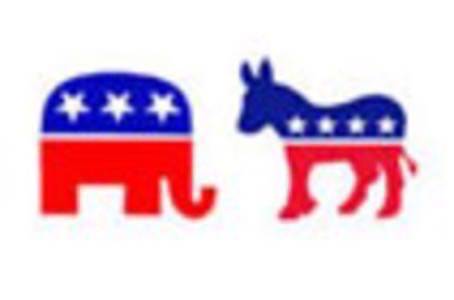A new study from the Pew Internet and American Life Project reveals that 46% of Americans have used the Internet, email, or text messaging to get or share election information this year. 35% have watched online political videos — triple the number that watched video online in 2004, while 39%, according to the study, have turned to the web for “unfiltered” campaign information, such as raw video or transcripts of speeches and debates. But Americans aren’t convinced that all this social media business is a good thing for politics.

Beyond making C-SPAN-like unfiltered material more sexy, the Internet is also getting more people involved. The Pew study found that 5% of Americans have posted their own political commentary to newsgroups, discussion boards, or blogs, a figure that grows to 12% when looking at the 18-29 year old set, which indicates that the web as a major factor in politics is a trend that is likely to continue.
That young votes are more likely to be involved with politics online is an advantage for Democrats, because young voters tend to lean toward presumptive Democratic nominee Barack Obama, according to Pew. Obama’s supporters are more web savvy than those of his competitors, and even though the study found that just 6% of American’s have given to a presidential campaign via the web, Barack Obama’s record haul owes a far greater percentage to online contributions. Just 2% of Americans gave online during the last presidential election. Given the increased web involvement of the millennial generation, we can probably expect 2012 to be another record setting cycle in terms of online involvement and fundraising.
However, is all this information gathering shifting online a good thing? Americans aren’t so sure. While 22% of Americans say that they wouldn’t even be involved with a campaign in any way if not for the Internet, 35% feel that the web magnifies the most extreme voices, which can “drown out average people’s views.” And a majority of Americans surveyed feel that the web is full of propaganda and misinformation that too many people believe.
We noted last week that the echo chamber effect of the blogosphere has a way of making rumors go wild and have far-reaching consequences outside of the web. That said, it is exciting that such a large percentage of Americans are now using the web to seek primary sources that were previously unavailable or hard to attain. Whereas in the past people had to rely on information filtered by reporters, now voters are able to use the web to find videos, transcripts and position papers to see the quotes in context, so to speak — and then offer their own opinions back to fellow voters. That has to be a net positive.

















